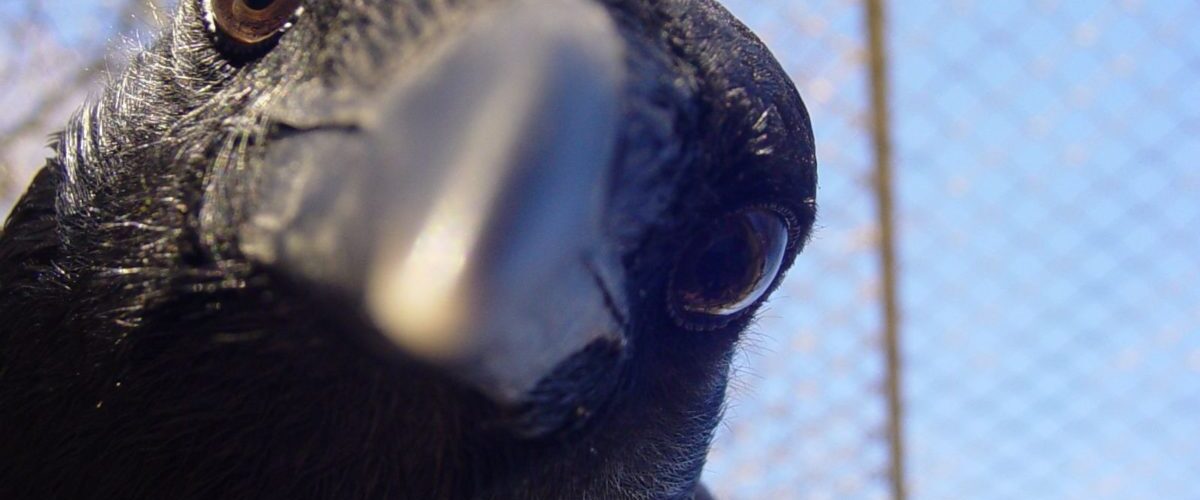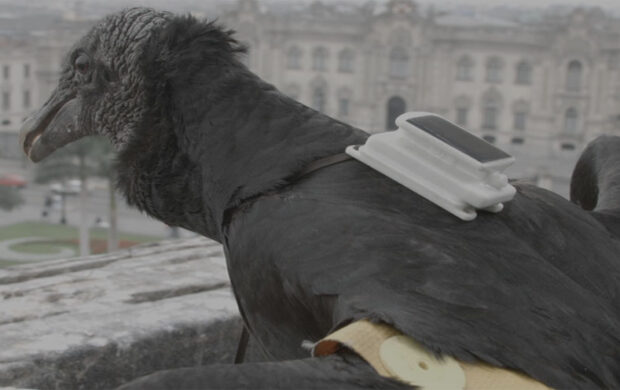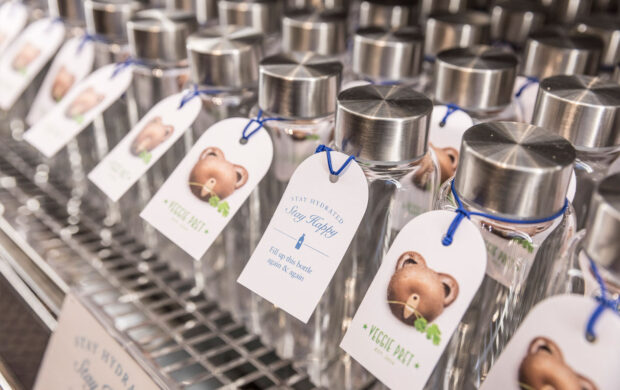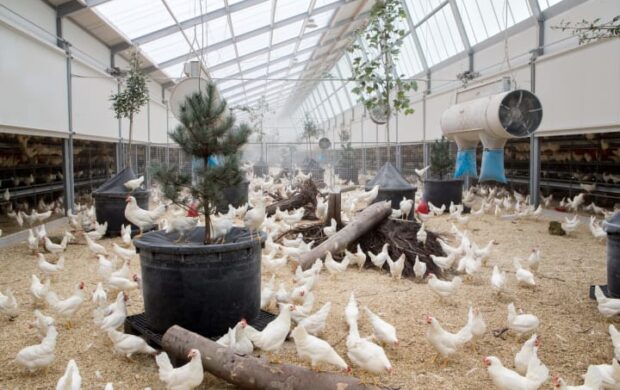Cigarette butts littering the streets have been shown to negatively affect the environment, marine life, and public health. Crowded Cities, a dutch start-up, has successfully crowd-funded a project to train crows to pick up the litter and deposit them in a ‘Crowbar’ in return for a small amount of food.

Estimates that of the 6 trillion cigarettes that are smoked every year, 2/3 end up on the floor. The founders of Crowded Cities wanted to find a solution. At first they thought of pigeons given their ubiquitousness in cities, but realising little was known about the intelligence of these birds, they began to discuss robots. However the lightbulb moment came when they stumbled across an idea developed by an american inventor called Crow Box. An open source project that worked like a vending machine for crows. The machine is designed to autonomously train crows to pick up change and bring it back in exchange for peanuts, Crowded Cities adapt this for cigarette butts. Crows are ranked among the most intelligent species on the planet, they can use tools, learn from each other, play and even manipluate humans into helping them. More research is being carried out to ensure that the crows’ health will not be affected by the short term contact with the cigarettes.









